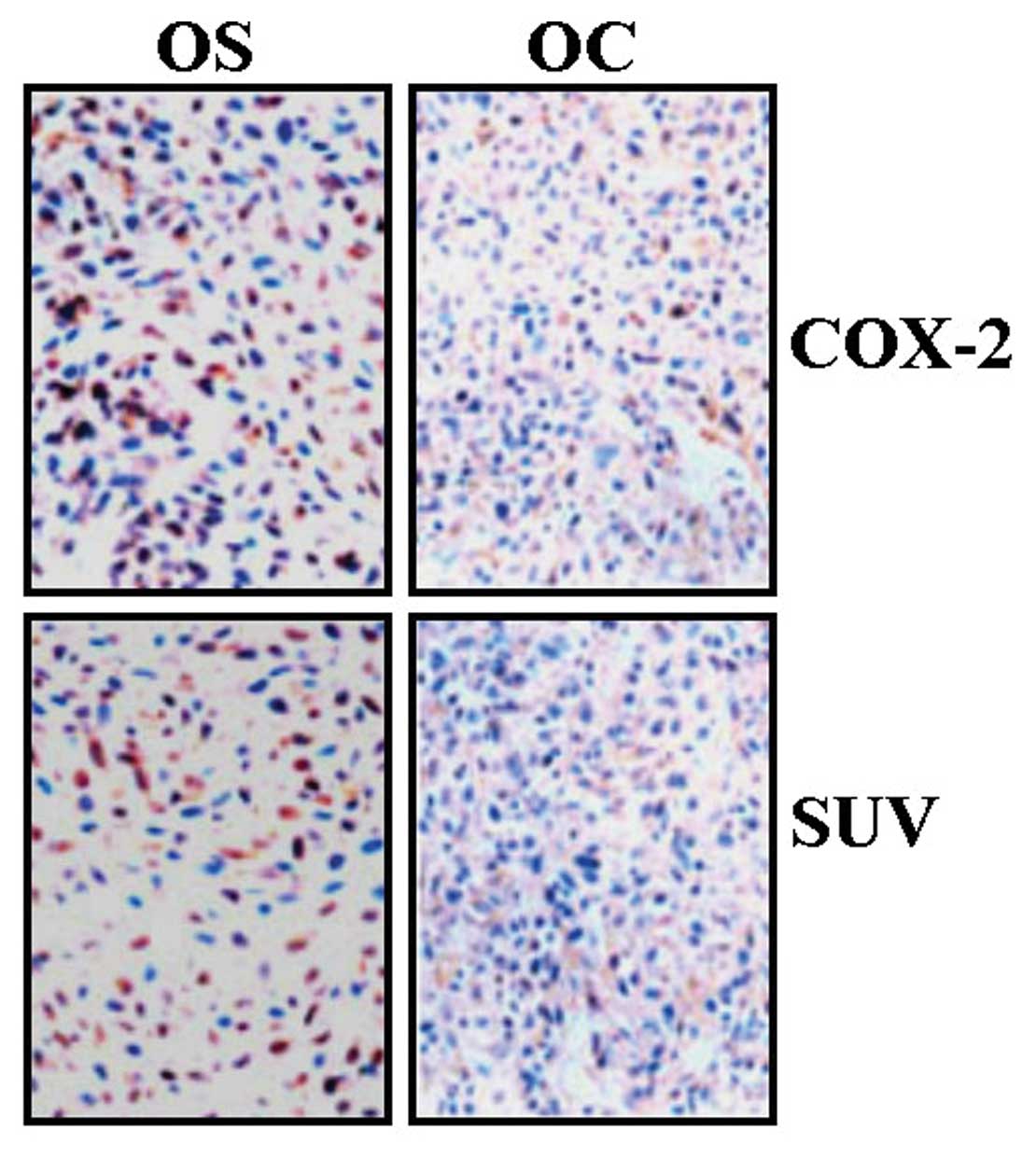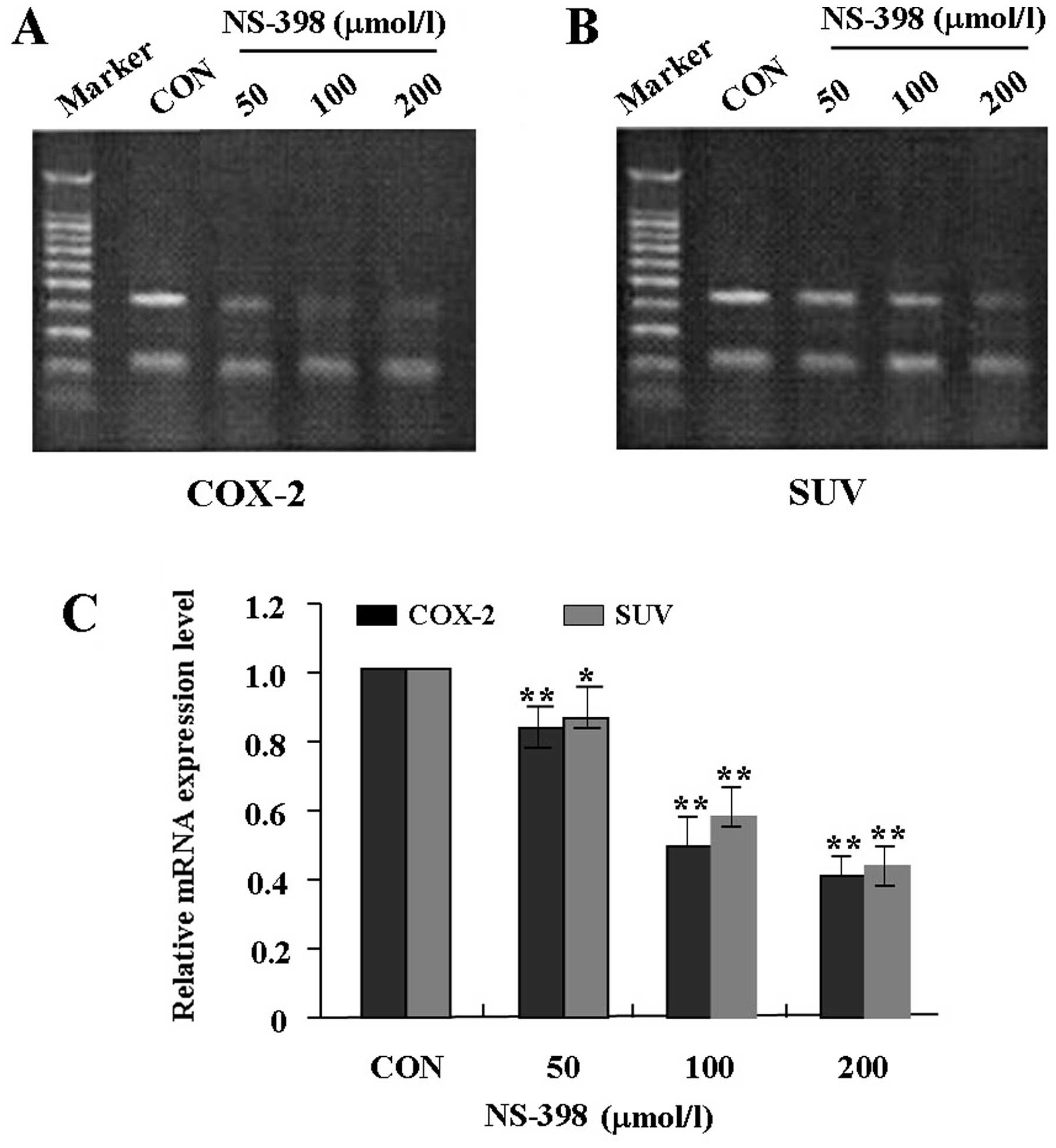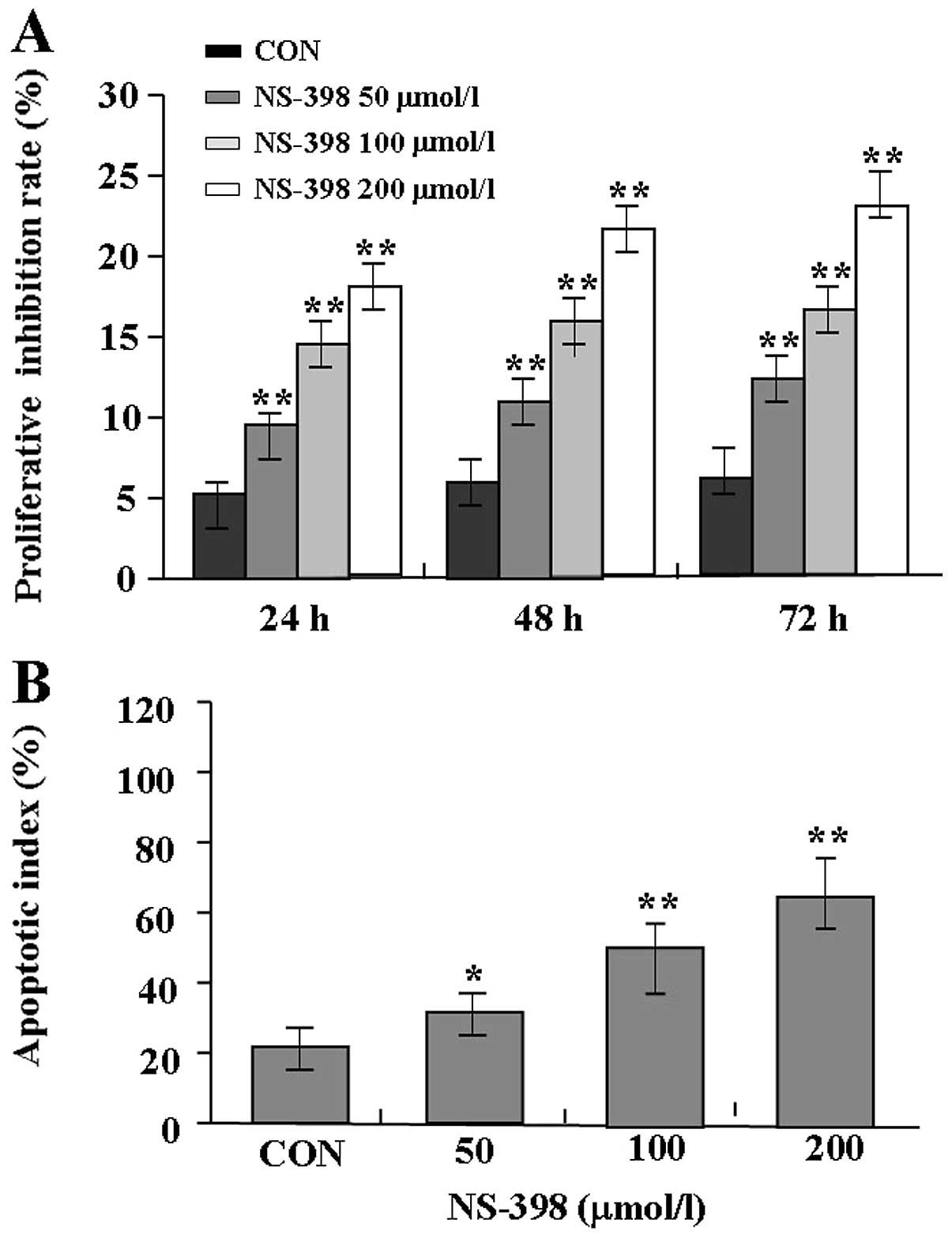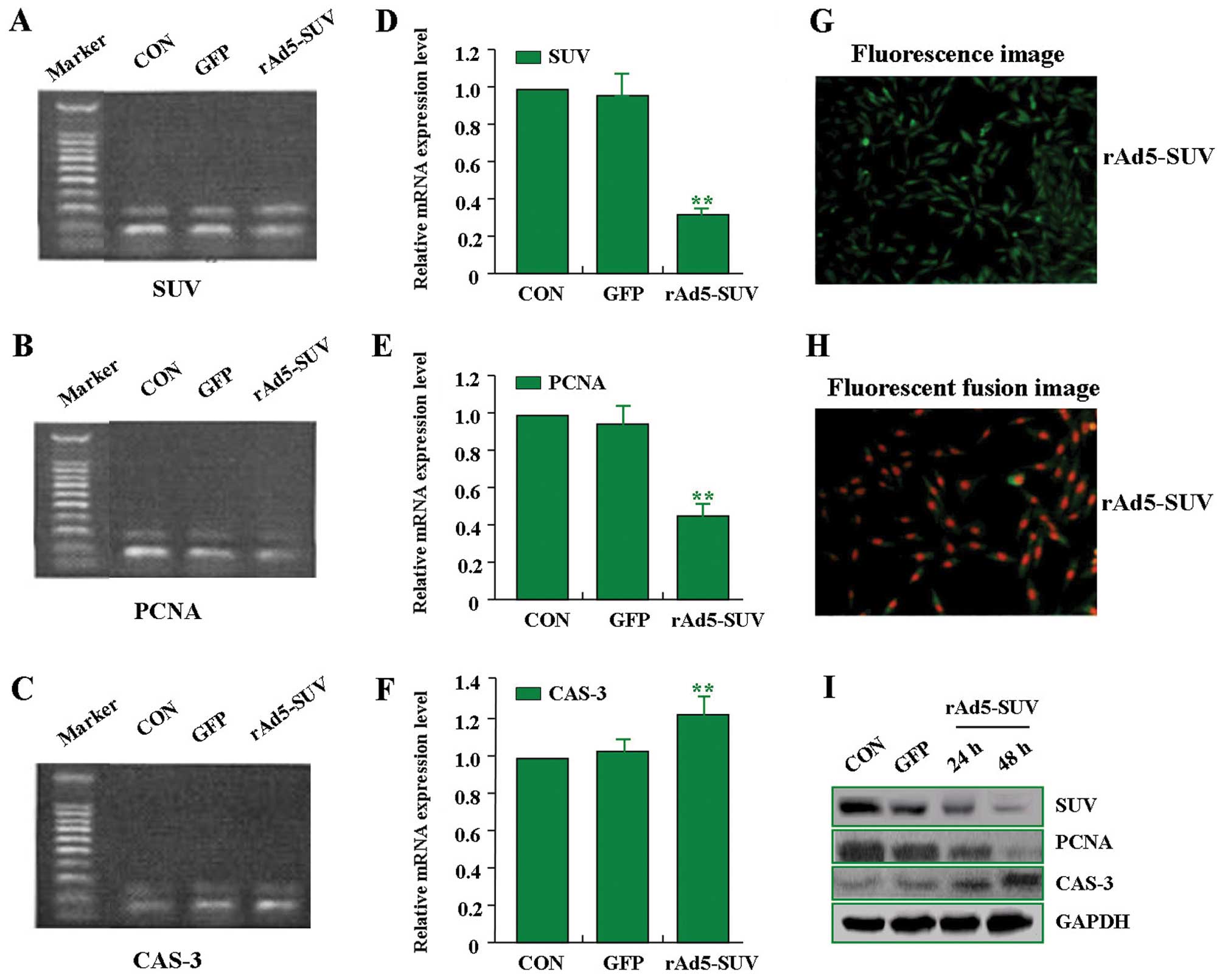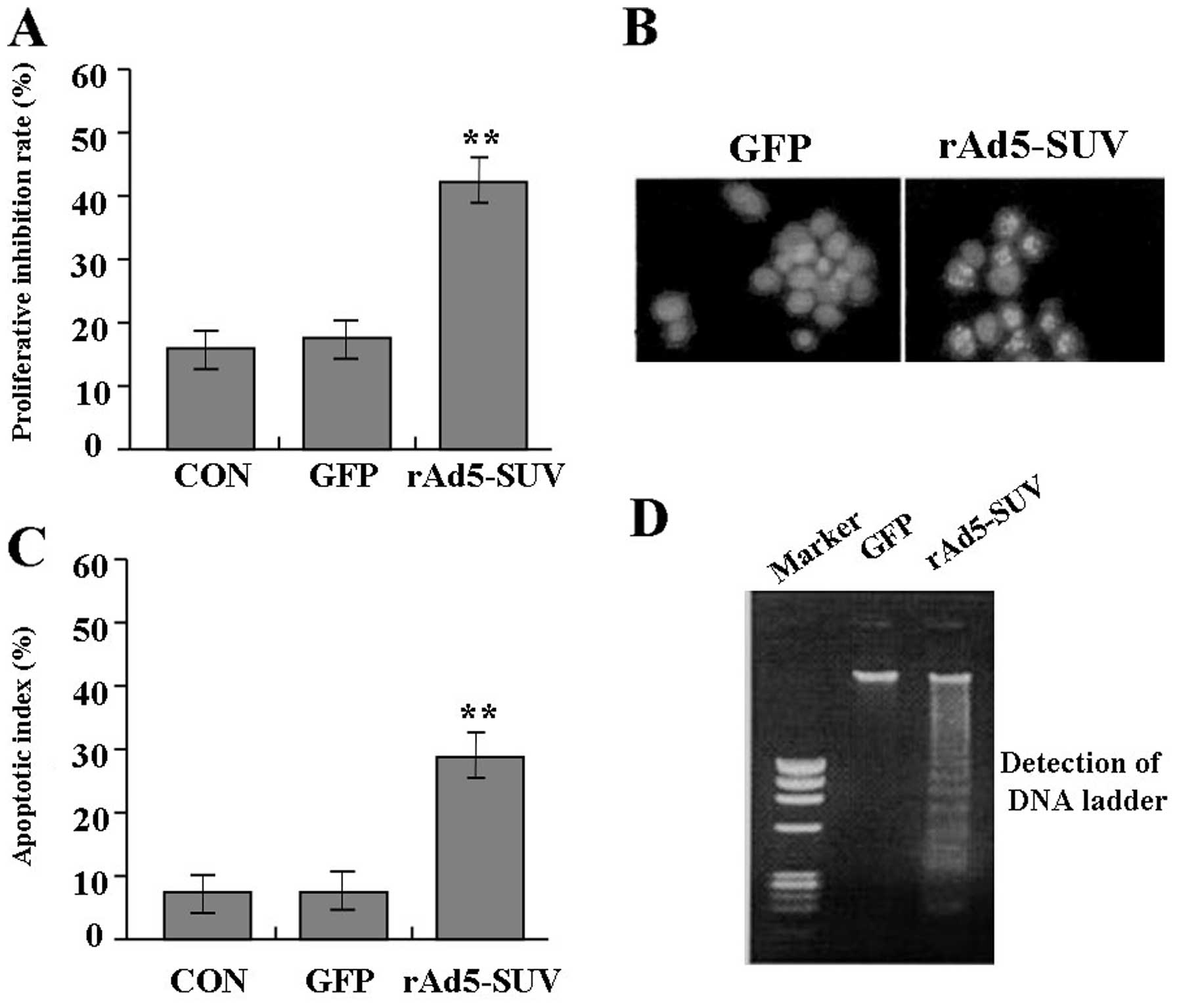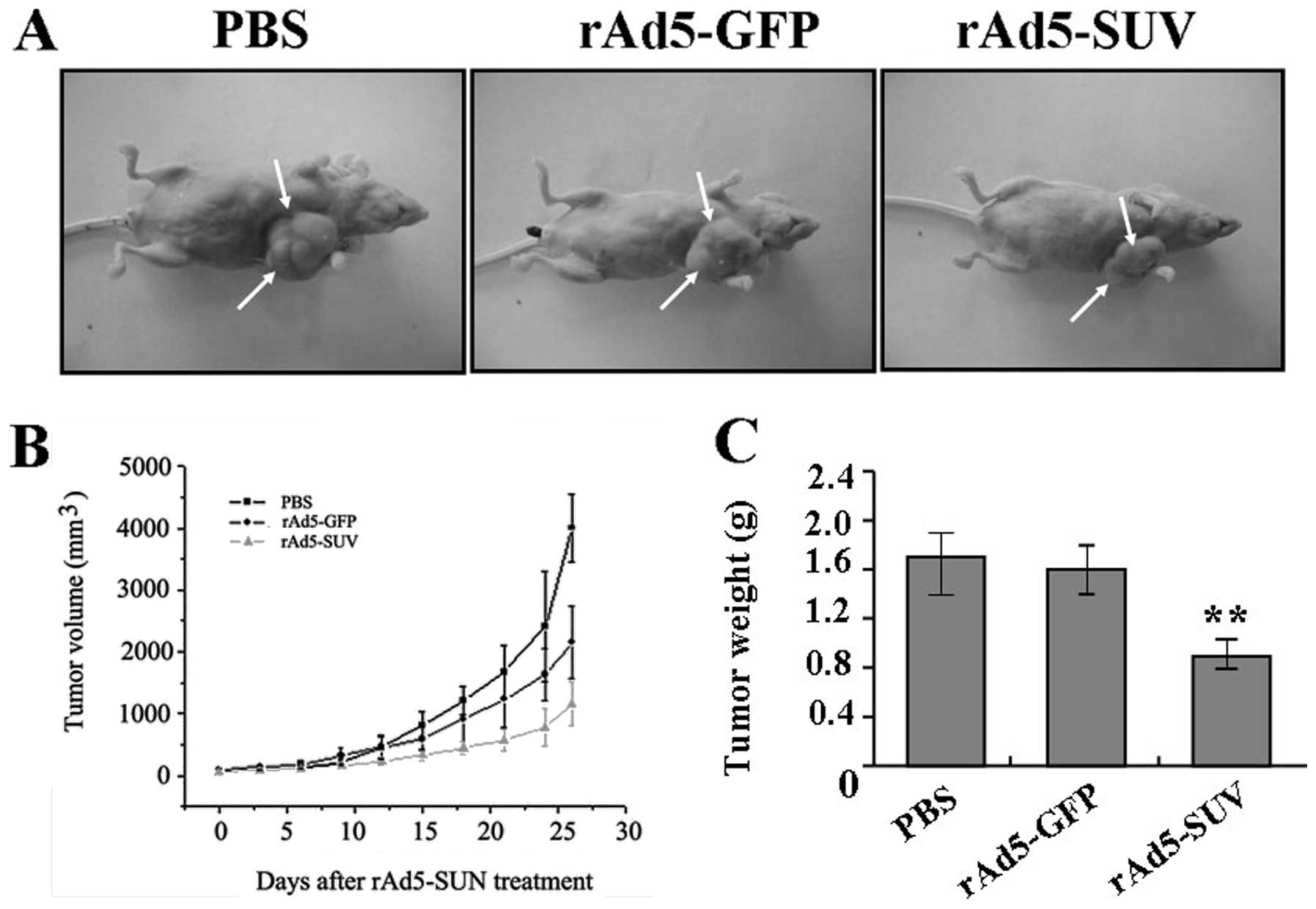|
1
|
Jemal A, Bray F, Center MM, et al: Global
cancer statistics. CA Cancer J Clin. 61:69–90. 2011. View Article : Google Scholar
|
|
2
|
Raymond AK, Ayala AG and Knuutila S:
Conventional osteosarcoma. World Health Organization Classification
of Tumours: Pathology and Genetics of Tumours of Soft Tissue and
Bone. Fletcher CDM, Unni KK and Mertens F: IARC Press; Lyon: pp.
264–270. 2002
|
|
3
|
Bielack SS, Kempf-Bielack B, Delling G, et
al: Prognostic factors in high-grade osteosarcoma of the
extremities or trunk: an analysis of 1,702 patients treated on
neoadjuvant cooperative osteosarcoma study group protocols. J Clin
Oncol. 20:776–790. 2002. View Article : Google Scholar
|
|
4
|
Kong C and Hansen MF: Biomarkers in
osteosarcoma. Expert Opin Med Diagn. 3:13–23. 2009. View Article : Google Scholar
|
|
5
|
Tajima Y, Yamazaki K, Makino R, et al:
Gastric and intestinal phenotypic marker expression in early
differentiated-type tumors of the stomach: clinicopathologic
significance and genetic background. Clin Cancer Res. 12:6469–6479.
2006. View Article : Google Scholar
|
|
6
|
Rodrigues S, Bruyneel E, Rodrigue CM, et
al: Cyclooxygenase-2 and carcinogenesis. Bull Cancer. 91:S61–S76.
2004.
|
|
7
|
Dickens DS, Kozielski R, Khan J, et al:
Cyclooxygenase-2 expression in pediatric sarcomas. Pediatr Dev
Pathol. 5:356–364. 2002. View Article : Google Scholar : PubMed/NCBI
|
|
8
|
Mullins MN, Lana SE, Dernell WS, et al:
Cyclooxygenase-2 expression in canine appendicular osteosarcomas.
Vet Intern Med. 18:859–865. 2004. View Article : Google Scholar : PubMed/NCBI
|
|
9
|
Raspollini MR, Amunni G, Villanucci A, et
al: Cyclooxygenase-2 expression in uterine leiomyosarcomas. J
Chemother. 16:577–581. 2004. View Article : Google Scholar
|
|
10
|
Masi L, Recenti R, Silvestri S, et al:
Expression of cyclooxygenase-2 in osteosarcoma of bone. Appl
Immunohistochem Mol Morphol. 15:70–76. 2007. View Article : Google Scholar : PubMed/NCBI
|
|
11
|
Lee EJ, Choi EM, Kim SR, et al:
Cyclooxygenase-2 promotes cell proliferation, migration and
invasion in U2OS human osteosarcoma cells. Exp Mol Med. 39:469–476.
2007. View Article : Google Scholar : PubMed/NCBI
|
|
12
|
Rodriguez NI, Hoots WK, Koshkina NV, et
al: COX-2 expression correlates with survival in patients with
osteosarcoma lung metastases. J Pediatr Hematol Oncol. 30:507–512.
2008. View Article : Google Scholar : PubMed/NCBI
|
|
13
|
Urakawa H, Nishida Y, Naruse T, et al:
Cyclooxygenase-2 overexpression predicts poor survival in patients
with high-grade extremity osteosarcoma: a pilot study. Clin Orthop
Relat Res. 467:2932–2938. 2009. View Article : Google Scholar : PubMed/NCBI
|
|
14
|
Boulytcheva IV, Soloviev YN, Kushlinskii
NE and Mahson AN: Expression of molecular markers in the tumor and
survival prognosis in osteosarcoma. Bull Exp Biol Med. 150:237–242.
2010. View Article : Google Scholar : PubMed/NCBI
|
|
15
|
Hosono A, Yamaguchi U, Makimoto A, et al:
Utility of immunohistochemical analysis for cyclo-oxygenase 2 in
the differential diagnosis of osteoblastoma and osteosarcoma. J
Clin Pathol. 60:410–414. 2007. View Article : Google Scholar : PubMed/NCBI
|
|
16
|
Carmody Soni EE, Miller BJ, Scarborough
MT, et al: Cyclooxygenase-2 expression is not associated with
clinical outcome in synovial sarcoma. Oncol Rep. 26:1513–1517.
2011.
|
|
17
|
Dickens DS, Kozielski R, Leavey PJ, et al:
Cyclooxygenase-2 expression does not correlate with outcome in
osteosarcoma or rhabdomyosarcoma. J Pediatr Hematol Oncol.
25:282–285. 2003. View Article : Google Scholar : PubMed/NCBI
|
|
18
|
Hanahan D and Weinberg RA: The hallmarks
of cancer: the next generation. Cell. 144:646–674. 2011. View Article : Google Scholar : PubMed/NCBI
|
|
19
|
Trieb K, Lehner R, Stulnig T, et al:
Survivin expression in human osteosarcoma is a marker for survival.
Eur J Surg Oncol. 29:379–382. 2003. View Article : Google Scholar : PubMed/NCBI
|
|
20
|
Shoeneman JK, Ehrhart EJ III, Eickhoff JC,
et al: Expression and function of survivin in canine osteosarcoma.
Cancer Res. 72:249–259. 2012. View Article : Google Scholar : PubMed/NCBI
|
|
21
|
Osaka E, Suzuki T, Osaka S, et al:
Survivin expression levels as independent predictors of survival
for osteosarcoma patients. J Orthop Res. 25:116–121. 2007.
View Article : Google Scholar : PubMed/NCBI
|
|
22
|
Osaka E, Suzuki T, Osaka S, et al:
Survivin as a prognostic factor for osteosarcoma patients. Acta
Histochem Cytochem. 39:95–100. 2006. View Article : Google Scholar : PubMed/NCBI
|
|
23
|
Wiontzek M, Matziolis G, Schuchmann S, et
al: Effects of dexamethasone and celecoxib on calcium homeostasis
and expression of cyclooxygenase-2 mRNA in MG-63 human osteosarcoma
cells. Clin Exp Rheumatol. 24:366–372. 2006.PubMed/NCBI
|
|
24
|
Moalic S, Liagre B, Le Bail JC and
Beneytout JL: Dose-dependent modulation of apoptosis and
cyclooxygenase-2 expression in human 1547 osteosarcoma cells by
NS-398, a selective cyclooxygenase-2 inhibitor. Int J Oncol.
18:533–540. 2001.PubMed/NCBI
|
|
25
|
Naruse T, Nishida Y, Hosono K and Ishiguro
N: Meloxicam inhibits osteosarcoma growth, invasiveness and
metastasis by COX-2-dependent and independent routes.
Carcinogenesis. 27:584–592. 2006. View Article : Google Scholar : PubMed/NCBI
|
|
26
|
Wolfesberger B, Hoelzl C, Walter I, et al:
In vitro effects of meloxicam with or without doxorubicin on canine
osteosarcoma cells. Vet Pharmacol Ther. 29:15–23. 2006. View Article : Google Scholar : PubMed/NCBI
|
|
27
|
Zhao Q, Wang C, Zhu J, et al:
RNAi-mediated knockdown of cyclooxygenase2 inhibits the growth,
invasion and migration of SaOS2 human osteosarcoma cells: a case
control study. J Exp Clin Cancer Res. 30:262011. View Article : Google Scholar : PubMed/NCBI
|
|
28
|
Gendy AS, Lipskar A, Glick RD, et al:
Selective inhibition of cyclooxygenase-2 suppresses metastatic
disease without affecting primary tumor growth in a murine model of
Ewing sarcoma. J Pediatr Surg. 46:108–114. 2011. View Article : Google Scholar
|
|
29
|
Liu B, Shi ZL, Feng J and Tao HM:
Celecoxib, a cyclooxygenase-2 inhibitor, induces apoptosis in human
osteosarcoma cell line MG-63 via down-regulation of PI3K/Akt. Cell
Biol Int. 32:494–501. 2008. View Article : Google Scholar
|
|
30
|
Xia JJ, Pei LB, Zhuang JP, et al:
Celecoxib inhibits β-catenin-dependent survival of the human
osteosarcoma MG-63 cell line. J Int Med Res. 38:1294–1304.
2010.
|
|
31
|
Liang X, Da M, Zhuang Z, et al: Effects of
Survivin on cell proliferation and apoptosis in MG-63 cells in
vitro. Cell Biol Int. 33:119–124. 2009. View Article : Google Scholar : PubMed/NCBI
|
|
32
|
Wang W, Luo H and Wang A: Expression of
survivin and correlation with PCNA in osteosarcoma. J Surg Oncol.
93:578–584. 2006. View Article : Google Scholar : PubMed/NCBI
|
|
33
|
Zou J, Gan M, Mao N, et al: Sensitization
of osteosarcoma cell line SaOS-2 to chemotherapy by downregulating
survivin. Arch Med Res. 41:162–169. 2010. View Article : Google Scholar : PubMed/NCBI
|















